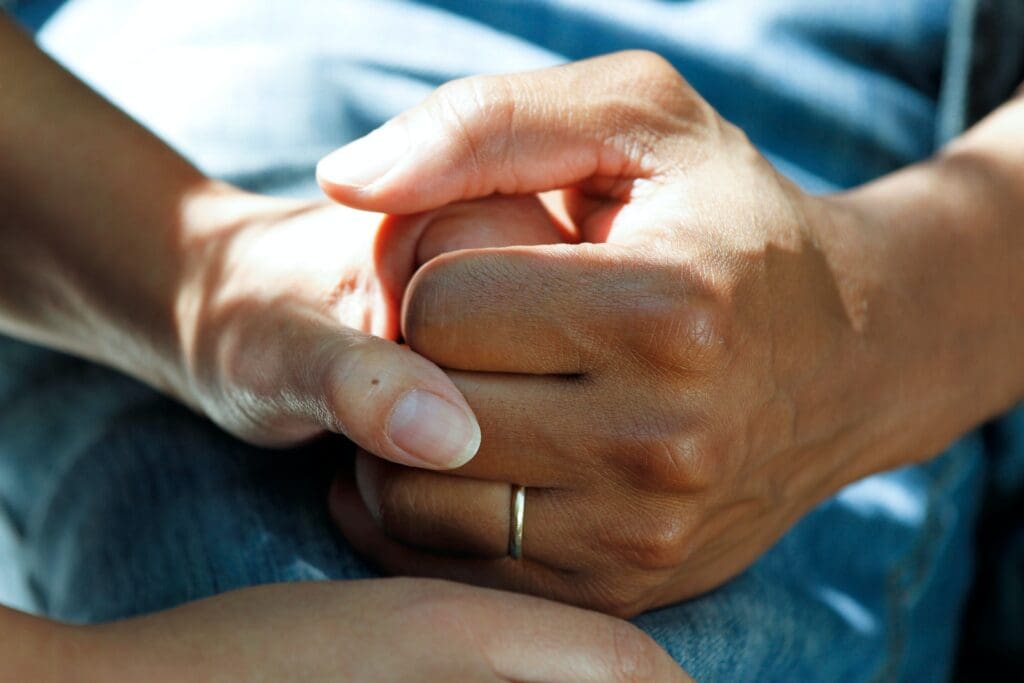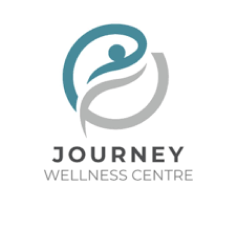
To call my first (and only) time in treatment an eye-opener would be an understatement. As a sheltered and privileged person with a private school background, the stories I heard in group shocked me, while the warnings of counsellors scared me.

However, what terrified me the most in treatment was being told that I should stay out of a romantic relationship for an entire year (at the very least)! I was initially mortified. What on Earth does my relationship status have to do with my recovery? How am I going to survive being all alone for an entire year?
The second question here holds the answer to the first. What drove my self-destructive behaviour in the first place was my reliance on externally-sourced solutions to my internal problems. Can’t sleep? Pop a pill. Can’t study? Have a line. Don’t have the will or perseverance to implement real self-improvement and growth? Enter into a relationship where my partner will accept me no matter how stagnant and self-destructive I am.
There it is. The risk associated with entering into a relationship in early recovery.

This is not to say that all relationships that are started in early recovery fit into the above description. I am also not saying that all relationships where 30 day fitness or reading challenges are not present are inherently enabling or subpar. I am fundamentally opposed to absolutes.
The key thing to note, when dealing with relationships in early recovery, is that recovery is an extremely delicate process. A healthy functioning relationship takes hard work and commitment. It requires both parties to proverbially “fill each other’s’ cup”. Can a recovering addict afford to accept the responsibility of another’s wellbeing while attempting to heal years of self-mistreatment and neglect? The answer will be different for each unique case but I can imagine that such a task has the propensity to derail even the sturdiest of recovery plans. How will the patient handle a partner who cheats or lies? How will the patient take a breakup?
I know that thus far I have posed a lot of questions and the answer to these questions will vary greatly. However, what I can offer the reader is my personal experience and some general ideas and intuition that I have around this topic. I entered into a relationship with my current romantic partner 16 months into my journey of recovery. Did I purposefully wait the prescribed 12 month period until entering into a relationship? No. Were there periods where I desperately longed for someone to offset the loneliness? Yes. I think that the less frequently I experienced this desire, the more ready I was for a healthy and long-lasting relationship. Had I succumbed to entering into a relationship simply for the purposes of company and sexual gratification, I would risk repeating past mistakes. Such a relationship would be born of selfishness and a lack of substance. The less one longs for a relationship for the sake of relationship, the more comfortable they are with themselves. The more comfortable someone is with themselves, the more they can give of themselves.

Through our addictions we lose sight of who we actually are. How can we hope to enter into a relationship when we don’t even know who we are or what we want? If we become involved with someone before we have a better idea of this, we run the risk of prioritising knowing our partner and what they want over our own self-knowledge.
Should such a relationship continue for a long period of time, the partner lacking in self-awareness might completely lose their sense of self and live their life entirely for their partner. One might argue that such an arrangement is better than suffering in the abyss of active addiction and I would agree with that, but what happens if the partner in question leaves or (God forbid) passes away? Will that not send the recovering addict straight back into the throes of addiction?
In conclusion, I don’t think a simple yes or no answer would be sufficient in answering whether one can enter into a relationship in early recovery. It will depend on the individual involved, their progress and the partner that they choose to engage with. However, I do think that the more time an individual has had to heal and to regain some semblance of self-awareness, the better their chances of securing and maintaining a healthy and productive relationship.

